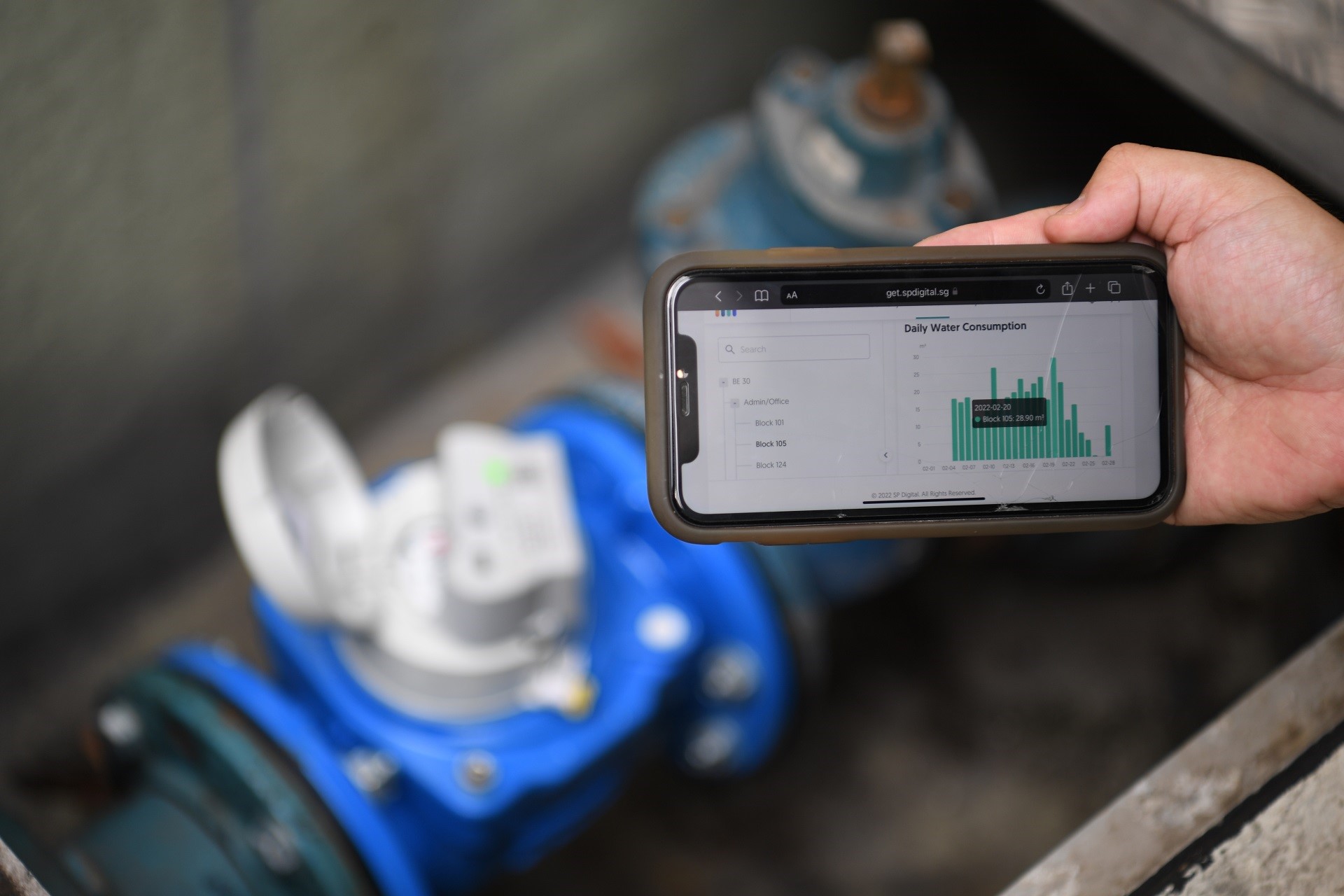The Ministry of Defence (MINDEF) and Singapore Armed Forces (SAF) will continue to build on their green initiatives, as a pledge of their commitment to environmental sustainability, in line with the Singapore Green Plan 2030.
Minister for Defence Dr Ng Eng Hen said this in his Committee of Supply (COS) debate speech on the defence budget on 2 Mar.
The SAF Sustainability Office, which was announced at last year's COS, has been set up. It is led by the SAF's Chief of Staff-Joint Staff Brigadier General (BG) Kelvin Fan, who is also SAF Chief Sustainability Officer.
"MINDEF and SAF's commitment to sustainability is backed by action. We're guided by science and data, so that whatever we implement is technologically mature, cost effective, and the outcomes are measurable," said BG Fan.
"(Green measures) that do not lead to a compromise of the SAF's operational readiness or cause a sharp spike in defence spending, will then be proliferated across the organisation."
The SAF Sustainability Office convened its first external advisory panel for environmental sustainability in late February this year. The panel is made up of 13 experts in sustainability domains such as green energy, sustainable infrastructure, decarbonisation technology and waste management.
The panel's inaugural meeting was held at the A330 Multi-Role Tanker Transport hangar in Changi Air Base, which is the SAF's first net energy-positive building. The panel is expected to meet every quarter.
Harnessing solar power
By the end of 2022, one in four SAF camps will be installed with solar panels. These solar panels will deliver 20 mega-watt peak of electricity, which is equivalent to the consumption of about 5,000 four-room households. By 2025, two in three military camps are expected to be installed with solar panels, generating 50 mega-watt peak of electricity.
To date, 28,000 solar panels have been fitted across the SAF.
Smart Meters to track consumption
The SAF is trialling Smart Metering Systems to track electricity and water consumption automatically in camps.
The Smart Meters work by delivering near-real time data on water and electricity consumption to its central database and end-users' phones. Data analytics software can then be used to derive insights on the consumption patterns.
The system is also able to flag out anomalies in consumption patterns over a specific time period, so that the respective units can troubleshoot and rectify any issues, such as a burst pipe that may have caused water consumption numbers to spike.
Three camps have been selected for the trial of the Smart Meters: Jurong Camp, Changi Naval Base and Paya Lebar Air Base. These camps were selected as they can provide a good representation of their respective Service's electricity and water consumption patterns.
Lieutenant Colonel (LTC) Quek Shi Jian, Head Logistics for 3rd Division, is overseeing the installation of the Smart Meters and solar panels for Jurong Camp.
He explained the reason behind the placement of the meters and panels: "The buildings in Jurong Camp were carefully selected to form a good representation…of other SAF camps and units.
"For example, we chose locations such as the transport unit, combat units and medical centres, so that we can measure the consumption of these facilities, in order to collect a data set for the camp to be extrapolated for assessment. Where there are surges, we then find out from the respective units whether additional training or activities had led to these surges."
"Data analytics can also set benchmarks and targets for the units to work towards. With the data, we can also analyse the trended consumption and identify anomalies that need to be rectified," added Ms Jolene Chung, Deputy Head (Sustainability Strategy) of the Building and Infrastructure Programme Centre in the Defence Science and Technology Agency (DSTA).
As project manager, Ms Chung was part of the team that oversaw the implementation of the initiative in the SAF camps. DSTA also worked closely with the SAF to customise a dashboard that it is intuitive and user-friendly.
Users will be able to view water and electricity consumption data on an hourly basis. They can also access consumption data of a building within a camp or base.
The trial, which began in late 2021, and was rolled out progressively to the three camps, will run for about a year or two. The purpose is to collect enough data to determine the granularity of the placement of the meters, as they can collect data down to the floor and even room level.
The end-goal of this initiative is to shape behaviours and encourage personnel on the ground to take action towards sustainability, said BG Fan.
"We believe that Smart Meters can enable a cultural shift towards more ground ownership sustainability," he explained.
"(Knowledge of consumption data) gives them greater awareness of their consumption patterns and volume. They can then be empowered to take action."



